In a recent social media post, popular blogger and lawyer Wahome Thuku issued a stark warning about the potential consequences of a rigged 2027 presidential election in Kenya.
According to Thuku, if the upcoming elections are manipulated, the country could face severe instability, with citizens losing faith in traditional legal avenues for redress, such as the Supreme Court.
Instead, he predicts a surge of public dissent and the rise of a so-called “Supreme Court of the People,” a phenomenon driven by widespread frustration and demand for justice outside the established legal framework.
Thuku’s warning is underscored by his belief that the Supreme Court would come under intense scrutiny and criticism in the event of a disputed election outcome.
“One thing is very evident right now. You rig the 2027 presidential elections, Kenya Kwisha. Nobody will bother going to Supreme Court.
The Supreme Court will be on fire. In addition, the People’s Supreme Court will be established.
It is up to you to save the country with fair, transparent elections,” he posted on his Facebook account.
This statement highlights his view that the integrity of the electoral process is crucial for national stability and the preservation of public trust in governmental institutions.
Thuku advocated for significant electoral reforms to ensure fairness and transparency.
Among his suggestions is the proposal to conduct presidential elections separately from parliamentary and county elections, a move he believes would necessitate a constitutional amendment.
This separation, he argues, could help reduce electoral tensions and ensure more focused scrutiny of the presidential race, thus enhancing the credibility of the election results.
In addition to structural changes, Thuku also called for the introduction of diverse voting methods to accommodate different voter needs.
He emphasized the importance of making polling stations accessible for individuals who might struggle with conventional voting procedures.
By diversifying voting techniques, the electoral process can become more inclusive and democratic, allowing all citizens to participate effectively.
Thuku’s remarks resonate in a political climate already marked by significant debate over electoral integrity and judicial impartiality.
The potential for unrest in response to perceived electoral injustices is a reminder of the fragile state of trust in Kenya’s political and judicial systems.
His advocacy for reforms is a call to action for policymakers, urging them to prioritize the establishment of a robust and transparent electoral framework.
The message from Wahome Thuku is clear: ensuring fair and transparent elections is not just a legal necessity but a critical step towards safeguarding Kenya’s future.
The potential for a “Supreme Court of the People” symbolizes a profound shift in public sentiment, one that could have far-reaching implications for the country’s democratic institutions.
As the 2027 elections approach, Thuku’s insights serve as a poignant reminder of the stakes involved and the urgent need for electoral reforms to maintain national stability and public trust.







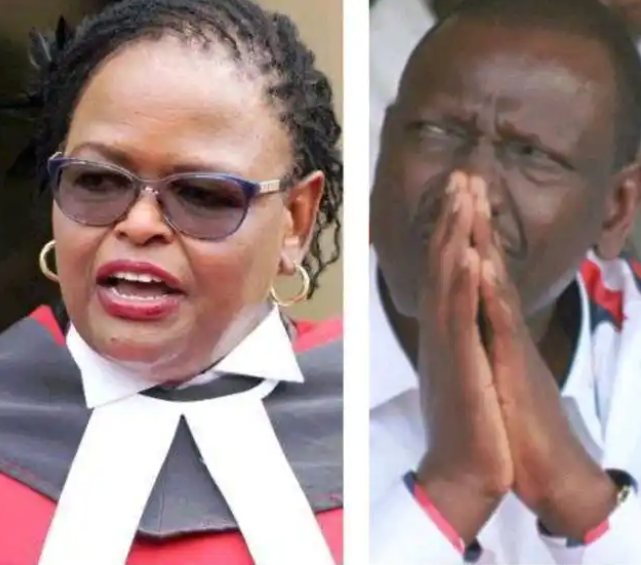

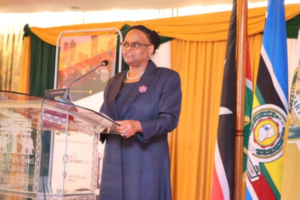
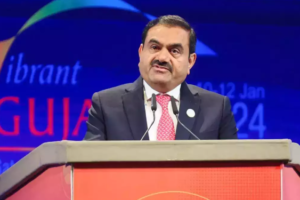

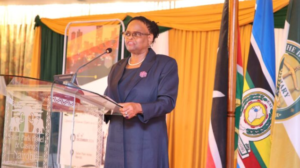
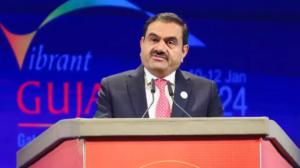

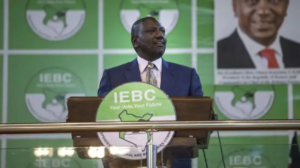

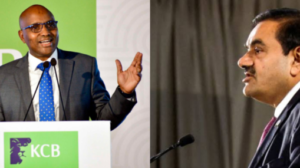

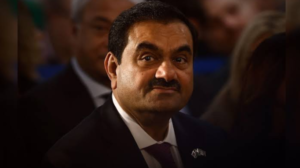
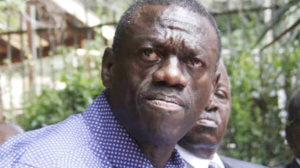
Add Comment